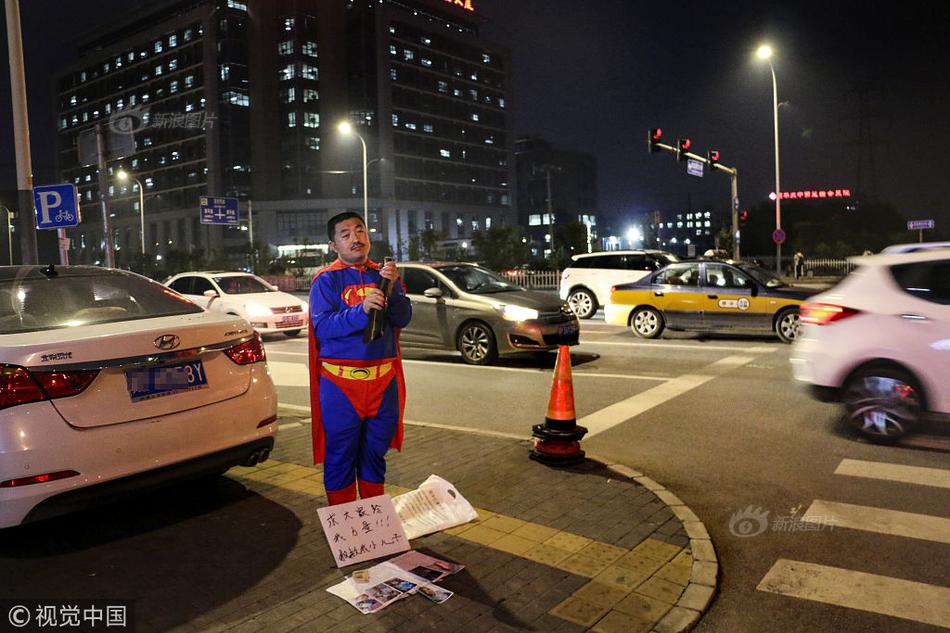Facebook has just removed a number of Facebook pages belonging to individuals and Lady Moongroups in Myanmar for spreading hate speech and fake news against Rohingya Muslims in the country.
In a post titled “Removing Myanmar Military Officials From Facebook” on its Newsroom site, Facebook announced it had removed 52 Pages,18 accounts, and an Instagram profile related to spreading the type of misinformation used to incite violence and ethnic cleansing in Myanmar.
To drive home just how influential these Pages were, Facebook pointed out that the Pages were followed by close to 12 million people in total. In Myanmar, a country with a population of 50 million people, its estimated that 30 million use Facebook.
SEE ALSO: After losing trust of its users, Facebook assigns them a ‘trustworthiness’ scorePerhaps the biggest news comes from just exactly who they are banning from their platform. “Specifically, we are banning 20 individuals and organizations from Facebook in Myanmar,” said Facebook, “including Senior General Min Aung Hlaing, commander-in-chief of the armed forces.” This would mark the very first time that the company has banned a state official from using Facebook.
In addition to the Myanmar military command-in-chief, Facebook announced it was removing accounts belonging to the military’s Myawady TV network, as well as Pages presenting itself as independent news but in reality was covertly pushing Myanmar military propaganda.
The company also announced that while the Pages and profiles have been removed, they will be preserving the related data, which includes the content posted on these accounts.
This Tweet is currently unavailable. It might be loading or has been removed.
The United Nations has been critical of Facebook for the role it has played in the spread of ethnic violence in Myanmar. Just earlier today, the U.N. Human Rights Council released its Report of Independent International Fact-Finding Mission on Myanmarand had this to say about Facebook:
“The role of social media is significant. Facebook has been a useful instrument for those seeking to spread hate, in a context where for most users Facebook is the Internet. Although improved in recent months, Facebook’s response has been slow and ineffective. The extent to which Facebook posts and messages have led to real-world discrimination and violence must be independently and thoroughly examined. The Mission regrets that Facebook is unable to provide country-specific data about the spread of hate speech on its platform, which is imperative to assess the adequacy of its response.”
In it’s post about the banned accounts, Facebook acknowledged the report and admitted that “while we were too slow to act, we’re now making progress.” Facebook said they are now working “with better technology to identify hate speech, improved reporting tools, and more people to review content.”
Topics Facebook Social Media
(Editor: {typename type="name"/})
 Big-League Bluster
Big-League Bluster
 Xiaomi PR chief says Xiaomi Glasses Weibo account was registered years ago · TechNode
Xiaomi PR chief says Xiaomi Glasses Weibo account was registered years ago · TechNode
 Scientists spot massive asteroid collision — in another solar system
Scientists spot massive asteroid collision — in another solar system
 Best early Prime Day 2
Best early Prime Day 2
 Amazon Prime Grubhub deal: Save $10 off orders of $20 or more
Amazon Prime Grubhub deal: Save $10 off orders of $20 or more
Best keyboard deals: Save on Asus gaming keyboards at Amazon
 The best Asus gaming keyboard deals Best Asus Keyboard Deal
...[Details]
The best Asus gaming keyboard deals Best Asus Keyboard Deal
...[Details]
The best early Prime Day 2024 Bluetooth speaker deals: Bose, Sony, JBL
 Table of ContentsTable of ContentsUPDATE: Jul. 9, 2024, 3:00 p.m. EDT This article has been updated
...[Details]
Table of ContentsTable of ContentsUPDATE: Jul. 9, 2024, 3:00 p.m. EDT This article has been updated
...[Details]
How streamer Pirate Software gained nearly 2 million subs in 6 months
 For at least 12 hours a day, Jason "Thor" Hall streamson his Pirate Software YouTubeand Twitchchanne
...[Details]
For at least 12 hours a day, Jason "Thor" Hall streamson his Pirate Software YouTubeand Twitchchanne
...[Details]
OpenAI’s first AI chip to tape out at TSMC in first half of the year: report · TechNode
 To reduce its reliance on NVIDIA and other AI chip suppliers, OpenAI is expected to have its first i
...[Details]
To reduce its reliance on NVIDIA and other AI chip suppliers, OpenAI is expected to have its first i
...[Details]
Outdoor speaker deal: Save $20 on the Soundcore Boom 2
 SAVE $20: As of May 13, Anker's Soundcore Boom 2 speaker is on sale for $119.99 instead of $139.99 a
...[Details]
SAVE $20: As of May 13, Anker's Soundcore Boom 2 speaker is on sale for $119.99 instead of $139.99 a
...[Details]
NASA mission spots Chinese spacecraft on far side of the moon
 NASA's moon-orbiting spacecraft can spot trails left by astronaut boots on the lunar surface. Now, i
...[Details]
NASA's moon-orbiting spacecraft can spot trails left by astronaut boots on the lunar surface. Now, i
...[Details]
NASA astronauts blast off in tense launch on Boeing spacecraft
 U.S. astronauts Barry "Butch" Wilmore and Sunita "Suni" Williams left Earth on Wednesday in a new Bo
...[Details]
U.S. astronauts Barry "Butch" Wilmore and Sunita "Suni" Williams left Earth on Wednesday in a new Bo
...[Details]
Athletics Paris 2024 livestream: Watch races for free
 TL;DR:Live stream the athletics at Paris 2024 for free on BBC iPlayer. Access this free streaming pl
...[Details]
TL;DR:Live stream the athletics at Paris 2024 for free on BBC iPlayer. Access this free streaming pl
...[Details]
Dyson V8 Plus cordless vacuum: $120 off at Amazon
 SAVE 26%:As of May 19, you can get the Dyson V8 Plus cordless vacuum for just $349.99, down from $46
...[Details]
SAVE 26%:As of May 19, you can get the Dyson V8 Plus cordless vacuum for just $349.99, down from $46
...[Details]
New Webb telescope image isn't just stunning. It shattered a record.
 The most powerful space telescope ever built has peered into the dawn of time. You read that right.
...[Details]
The most powerful space telescope ever built has peered into the dawn of time. You read that right.
...[Details]
接受PR>=1、BR>=1,流量相当,内容相关类链接。